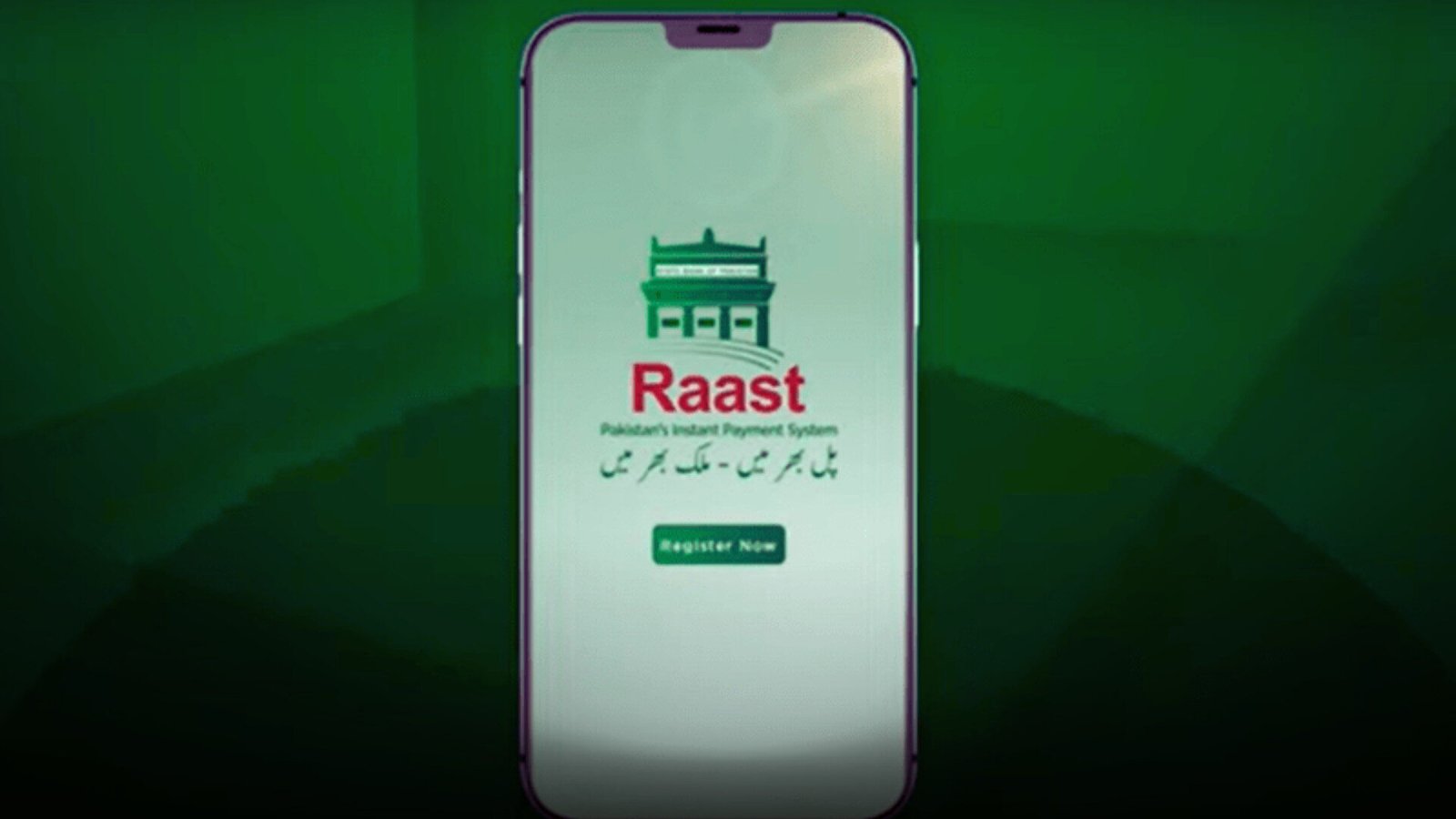By Farooq Awan
The story of Pakistan’s financial future is being written in real time — and it’s happening through a smartphone tap.
The State Bank of Pakistan’s instant-payment system, Raast, has quickly become the backbone of the country’s digital finance progress. In fiscal year 2024-25, the platform not only handled record-breaking payments but also earned the title of South Asia’s fastest-growing public digital payment network.
Record Growth in Transactions and Value
According to the Annual Payment Systems Review 2024-25, Raast has processed 1.9 billion transactions worth PKR 44.3 trillion since its launch. In just the last year, it managed 1.27 billion transactions valued at PKR 29.6 trillion—a nearly ninefold increase in only three years.
Expansion of Raast Across Pakistan
Growth came with reach. By June 2025, 45 million users had registered Raast IDs. During the same period, the State Bank introduced two major updates — Person-to-Merchant (P2M) and Bulk-Payment modules. These new tools made it possible for companies to make instant salary transfers, bulk payments, and QR-based retail purchases. Seventeen banks, representing 97 percent of the market, integrated Raast into their systems.
Rising Corporate Trust in Instant Payments
The numbers tell the story of rising trust. Corporate payments made through Raast soared from PKR 7.3 billion in July 2024 to PKR 347 billion by June 2025. Businesses increasingly preferred Raast for its speed, real-time settlement, and zero-cost transfers.
Merchant Inclusion and QR Payment Growth
Another milestone came with the P2M feature, which added more than 838,000 merchants to the instant-payment network. To encourage small businesses and shopkeepers to join, the SBP and partner banks ran outreach campaigns focusing on local retailers, fuel stations, and service providers. Now, customers could simply scan a QR code and pay instantly—no debit or credit cards required.
Future Expansion into Remittances and Welfare Systems
Cutting out middlemen made payments faster, cheaper, and more transparent. Economists told this reporter that Raast is now a vital part of Pakistan’s digital financial backbone, helping connect micro-entrepreneurs and informal workers to the formal banking system.
The State Bank isn’t stopping here. It plans to link Raast with cross-border remittances and government-to-person (G2P) payments next. Tests are already underway to connect the platform with the Accountant General Pakistan Revenues (AGPR) portal and national welfare programs. Officials say Raast’s open and flexible system design puts Pakistan among the world’s leaders in instant-payment technology.
The review stated that Raast’s remarkable 2024-25 performance proves that large-scale, cost-free digital finance isn’t just possible—it’s sustainable. For Pakistan, it’s not only a financial upgrade but a blueprint for other developing economies to follow.
Author Profile
-
Farooq Awan is a meticulous finance correspondent focused on Pakistan’s growth engines.
His reporting, driven by State Bank data, details the services sector's resilience and 3% expansion as the primary force behind GDP recovery. Awan highlights the critical role of ICT and stable policy in driving this essential economic digital transformation.





